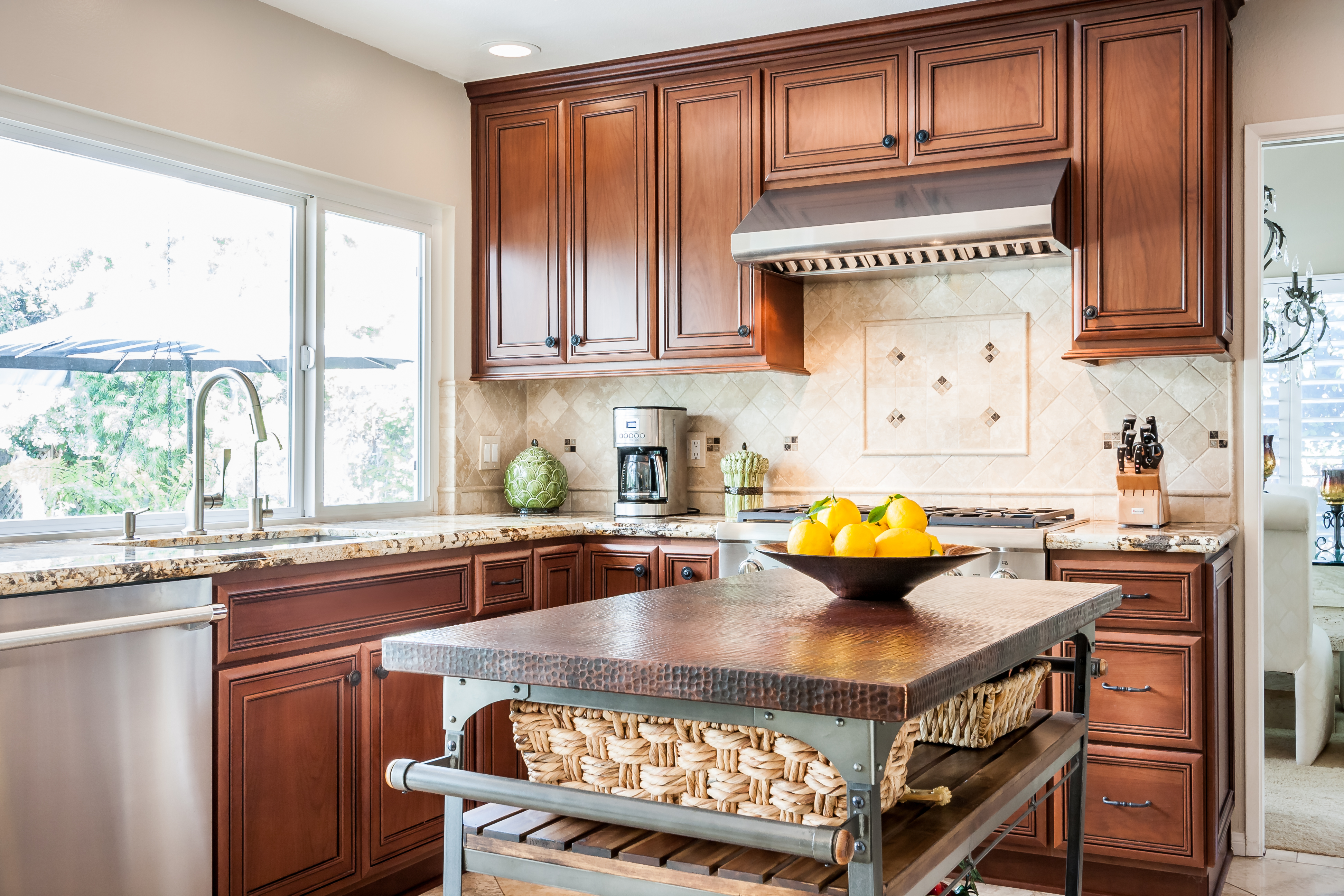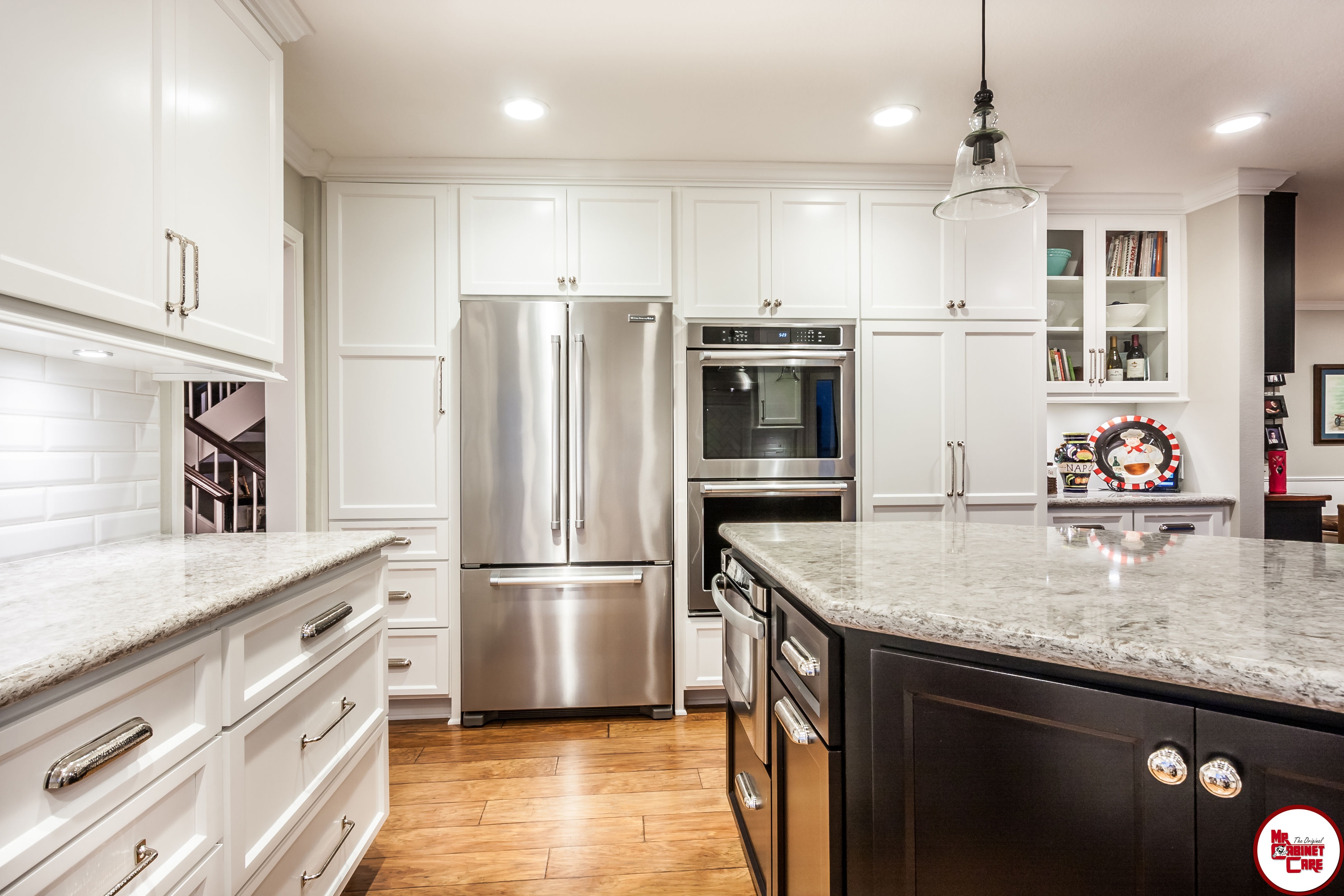Porous and Non-Porous Countertops: What’s the Difference?

The countertops play a great role in maintaining the overall functionality of a kitchen. It provides the necessary area to do your day-to-day cooking chores as well as a storage space for some of your most important kitchen tools. No wonder people always tend to look for the highest quality of countertops available in the market every time they plan to do a major renovation.
Countertops can come in many forms, materials, and sizes. These factors enabled everyone to have a wide range of selections to choose from. While the customer’s preference will always be the top priority, picking the most suitable countertop for their kitchen requires careful consideration and thought.
One of the things that countertop buyers used to be confused about is the term “non-porous.” This feature can often be encountered not only in countertops but to other kitchen necessities as well. But the question is what does non-porous mean?
This article will discuss everything you need to know about the difference between porous and non-porous countertops:
What are Non-porous Countertops?
The basic definition of non-porous is something that is not permeable to any outside influences such as air, water, and other kinds of fluids.
If this definition is to be applied to kitchen countertops, then non-porous countertops possess a feature that doesn’t allow any penetration of air or water that could damage it in the long run. Since the countertop is also known as the working top, we always neglect the fact that some equipment or ingredients that we used for cooking contain traces of water that occasionally spills on the countertops’ surface.
Porous countertops used to have this little holes or pores where the fluids could pass through, while the non-porous variants do not.
Too much contact from water can damage specific types of countertops such as wood. This means that the non-porous feature can solve issues like water and air damages.
In other words, Porous countertops are…
Countertops that doesn’t have the non-porous feature obviously falls into the category of porous countertops. While they are quite susceptible to water and air, proper care and maintenance can make them last just as long as non-porous countertops.

How can you identify Non-porous Countertops?
Non-porous countertops can be usually identified by the type of materials that you are going to use. One notable example of these is quartz. Its compact solidity combined with non-porous and non-stain features are still highly renowned by many kitchen designers up to date.
Why you should opt for Non-porous Countertops
Given all of the benefits that you learned from non-porous countertops, you should also opt for one because:
- It is fairly easy to clean.
- Other than fluids, non-porous countertops can repel bacteria making your kitchen a lot safer.
- It always comes with anti-stain feature.
If you want to know more about non-porous countertops especially those that were made from quartz, you can read the article here.
Sources:


